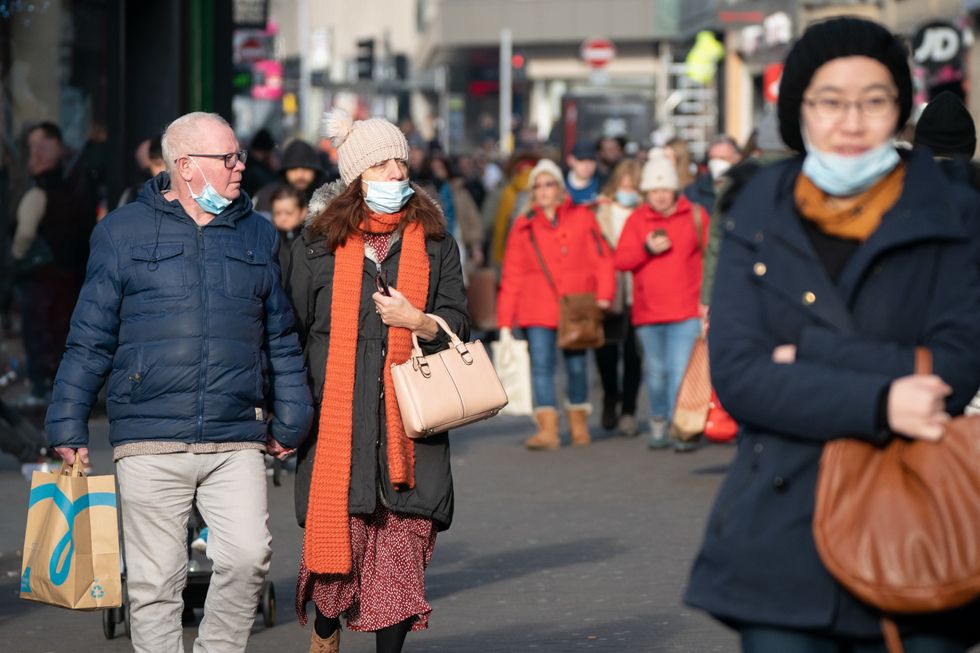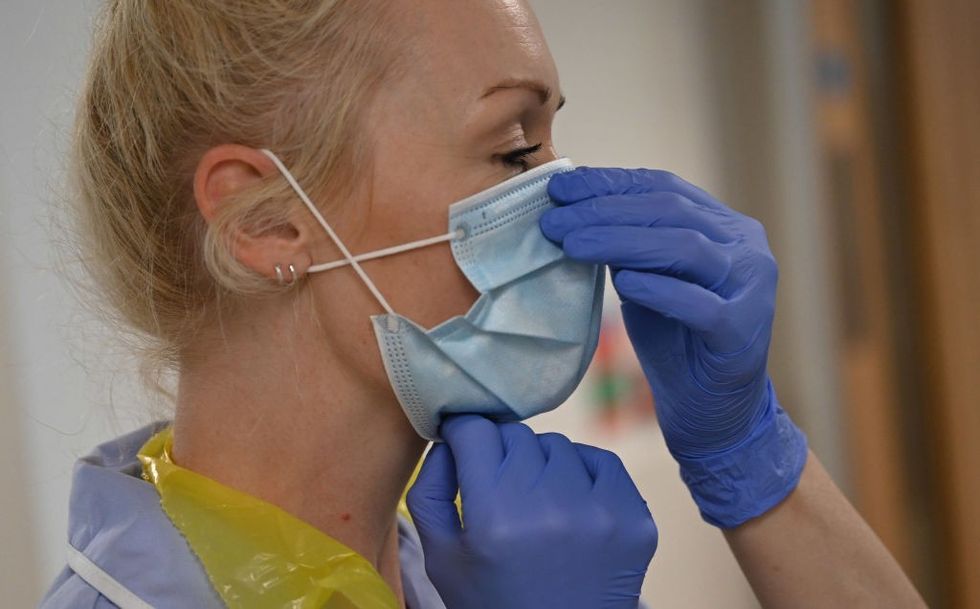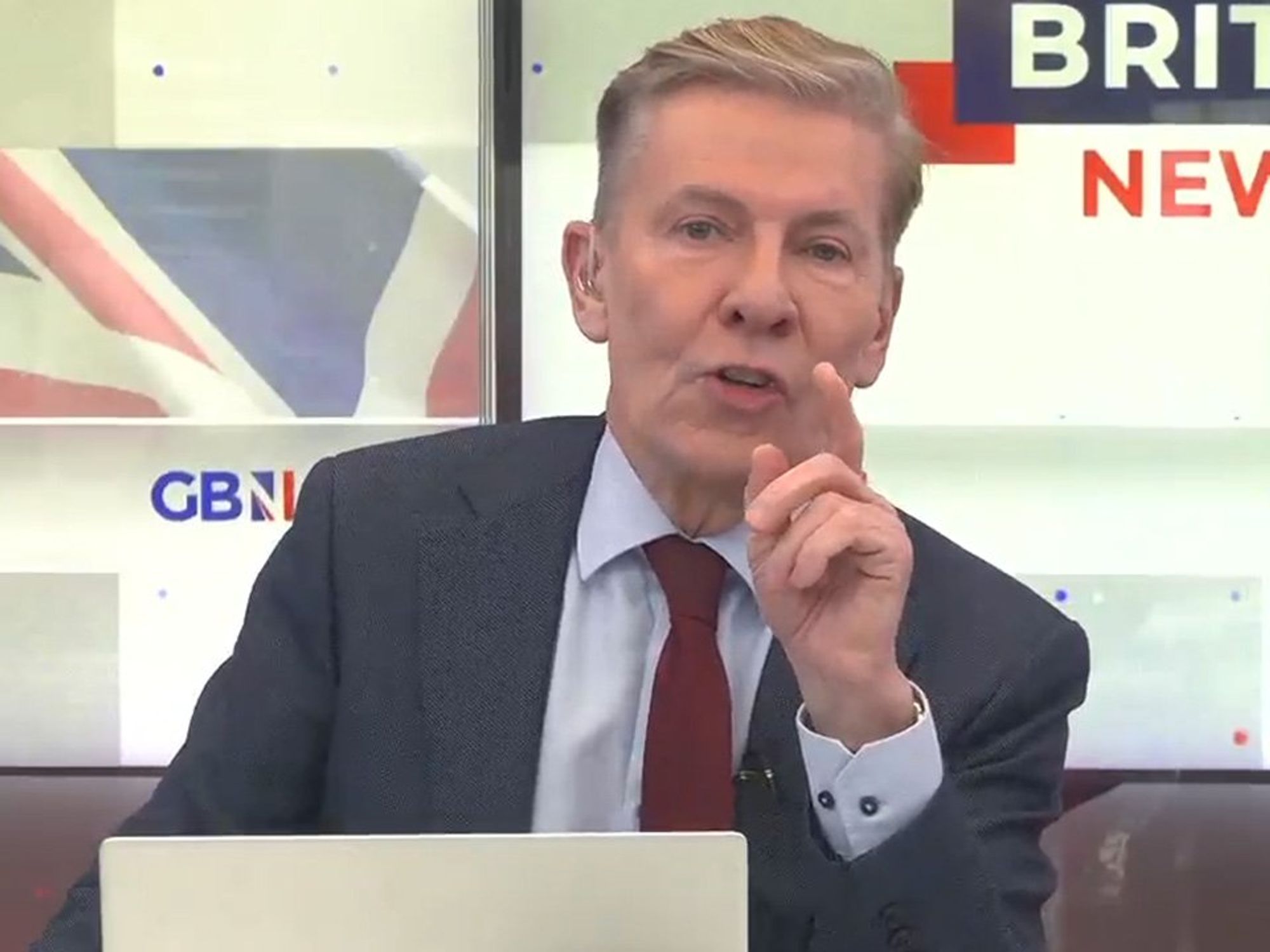Covid: World Health Organisation claims 'we're STILL in a pandemic' and says virus is 'rampant'

The public health emergency was declared 'over' last year
Don't Miss
Most Read
Latest
The World Health Organisation (WHO) has claimed that Covid is “rampant” and that the world is “still in a pandemic”, despite the organisation declaring the public health emergency over last year.
From December 2023 to mid-January 2024, more than 11,000 deaths were reported from the virus, with more than half occurring in the US.
The WHO has now said that the pandemic is not yet over, instead entering its endemic phase, which means it will continue to spread indefinitely.
Maria Van Kerkhove, interim director of the WHO’s Department of Epidemic and Pandemic Preparedness and Prevention said: “We don’t know everything about this virus. Even in year five, there’s still a lot of research that needs to be done.”

The World Health Organisation claims 'we're still in a pandemic'
| PAShe said that complacency is rife at both an individual and a government level, citing a low demand for vaccination around the world which needs to be tackled.
Kerkhove also mentioned that mask-wearing, social distancing and improving ventilation were all “no-brainers” when it comes to confronting the virus.
She also called on governments to provide free or affordable tests and masks to citizens.
When asked by the Scientific American what her predictions were regarding Covid for the coming year, she said: “Our concern is a variant that’s highly transmissible, that is more severe and that has significant immune escape, which [would mean that people would] really need to get revaccinated right away.
LATEST DEVELOPMENTS:

The WHO has now said that the pandemic is not yet over, instead entering its endemic phase
| PA“I am not suggesting that the world drop what it’s doing and focus [only] on COVID. That is not what WHO is suggesting. We’re saying, 'Please don’t drop the ball'. The virus is here. It’s evolving. it’s killing. It’s causing post-Covid conditions [also called long Covid]. And we don’t know the long-term effects. It’s a virus that is here to stay.”
Last month, a Covid scientist claimed that Britons should start wearing face masks ahead of a new wave of the virus, which he warned could be the “biggest yet”.
The JN.1 variant, an offshoot of the Omicron strain, now accounts for 65 per cent of all cases.
According to the latest data from COG-UK that number is up four per cent from early November.
Virus expert at Imperial College London Professor Peter Openshaw told The Sun: “We're going to see quite a major surge in infections over the coming weeks - the wave could be bigger than anything we've seen before.

From December 2023 to mid-January 2024, more than 11,000 deaths were reported from the virus
| Getty“To help stop the spread, those who haven't had the Covid booster should consider wearing face masks in public places, like on trains, when shopping and at large events."
According to the World Health Organisation (WHO), wearing a mask reduces the spread of bugs by reducing the number of infectious particles that may be inhaled or exhaled.
However, research carried out also indicates that mask-wearing can have negative impacts on an individual's quality of life.
Despite Openshaw's warning, other scientists have said there is no need to be worried about the new variant. Virologist from the University of Nottingham Professor Jonathan Bell said: "New variants will continue to evolve, replace pre-existing variants causing major outbreaks of infection.
“I don't think this [particular] rise is too concerning.
“We know that in the majority of people vaccines continue to protect against serious disease, that's why it's important for vulnerable people to ensure that they've had their latest vaccine booster jab.”











